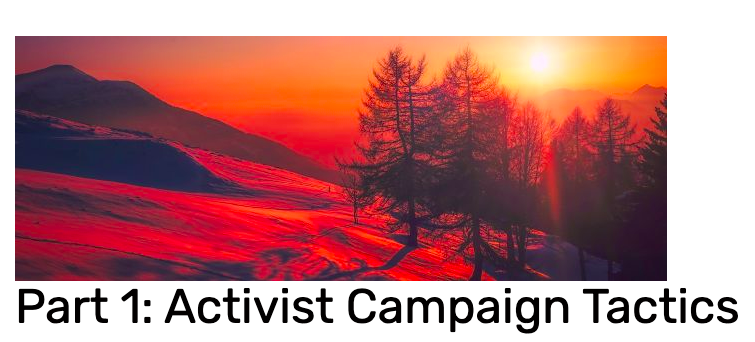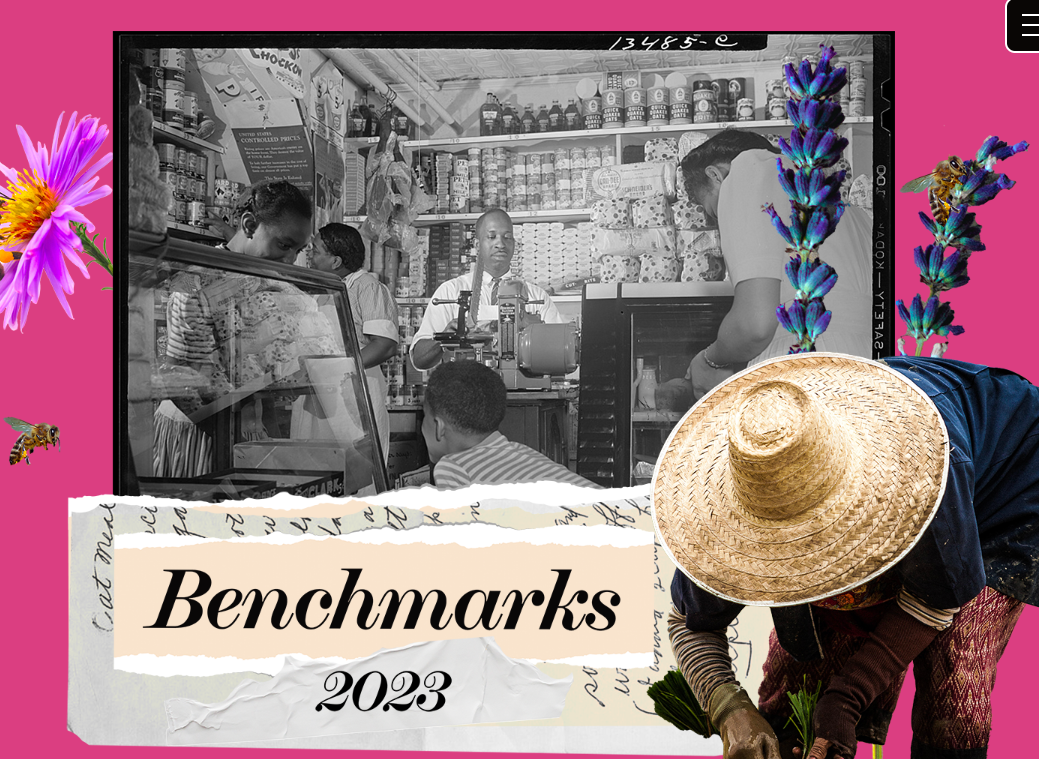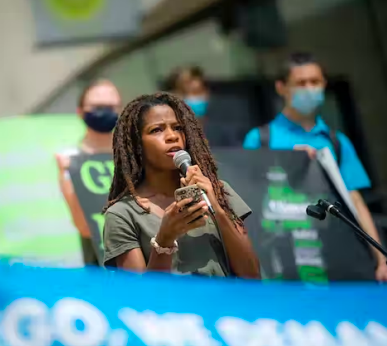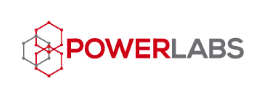Resources
Search below for resources covering the intersection of climate engagement, social science and data analytics.
RESULTS
What determines the success of movements today?
New research from the Social Change Lab offers key insights into the three main factors that lead to protest wins. First, nonviolent tactics are more likely to lead to successful outcomes relative to violent outcomes—experts consulted were reasonably confident that violence is a less effective approach and the literature supported their view. Second, size of protests is really key, with better-attended protests meaning a higher chance of policy changes and other desired outcomes. Third, favorable sociopolitical context like pre-existing public opinion, the response of the media, whether there are elites (like politicians or celebrities) who support the cause, as well as blind luck are helpful for facilitating successful political outcomes.
To be successful, progressive movements should organize in friendly political climates, mobilize frequently, and choose nonviolent tactics. For the best messaging strategies, use clear, specific language, apply “diagnostic” (i.e., diagnosing the problem) and “prognostic” (i.e., prescribing solutions) language frames, use master frames with wide appeal, consider your audience, and secure media coverage. For effective educational programs, use interactive, ongoing formats and reproduce effective programs. For effective protest strategies, mobilize regularly, combine protests with other tactics, and focus your message. To build strong progressive movements, recruit activists and volunteers by considering individual factors and constraints, ask people to join, demonstrate effective activism, use powerful communication strategies, and support community organizations. To prevent burnout, consider different levels of involvement and foster supportive environments. This guide also includes strategic pieces of advice for organizing and movement building.
Engage in the Climate Revolution
There are infinite ways to engage in the climate revolution—this site can help people find new ways to take action. Some of the Climate Resilience Project’s favorite climate solutions include: collective care, ecological restoration, economic regeneration, community adaptation, cultural strategy, people power, and relationship repair. For example, “people power” includes components such as cross-movement building, fossil fuel resistance, inside-outside strategy, and participatory budgeting. This site describes each. Also, read the book, Climate Resilience, which features 39 transformative short essays edited from interviews with women, nonbinary, and gender-expansive climate leaders, and highlights practical, place-based solutions that advance climate change mitigation, adaptation, and justice all at once.
Campaign Communications Course
This free course is designed to help grassroots groups to understand the basics of public communications for building a convincing, winning campaign. It can support groups looking for skills on crafting targeted messaging and framing to move people towards social change. You might want to campaign to fight your opponents, convince new audiences, or mobilize audiences that already support your cause. Each of these objectives requires specific communication strategies. The course includes defining public campaigning, communications basics, campaign objectives (neutralizing, informing, persuading and mobilizing), reaching your target group and storytelling. This takes approximately 5 hours to review. Deep dive sections may add 3-4 more hours. Group discussion time may vary.
2023 Benchmarks Study
The nature of engagement with and donations to nonprofits have changed, as nonprofits’ digital presences have increased. Total online revenue for nonprofits decreased by 4% in 2022, and nonprofits reported especially sharp drops in revenue on Giving Tuesday and December 31. While one-time giving declined, monthly giving revenue increased by 12% — accounting for 28% of all online revenue in 2022. Digital advertising investment by nonprofits increased by 28%, and internet search remained the most reliable platform to generate a positive return on ad spend. Nonprofits sent 60 email messages per subscriber, including 29 fundraising appeals, and email generated 14% of all online revenue. While platforms like Facebook, Instagram, and Twitter dominated nonprofit social media engagement, 30% of participants reported being active on TikTok. Return on ad spending was highest for search ads: $2.75 for every dollar spent. Return on ad spending for Meta was $0.50 and $0.41 for Twitter. The majority of nonprofit website traffic came from users on mobile devices — 57%, with 43% of traffic from users on desktop devices. However, 75% of revenue came from users on desktop devices.
10 Tips for how the Climate Movement can Improve Experiences for Activists with Diverse Health Needs
There is a growing awareness of the urgent need to create activist spaces that are accessible, welcoming and provide material support for people with diverse health needs. But how can this actually be achieved? This resource summarizes the activists’ experiences, insights and recommendations that they shared in the interviews. Offer material support. Provide a diversity of actions for people to take part in. Normalize people coming in and out of movements as their needs and circumstances change. Have designated welcoming and support roles in groups to make sure every new member feels welcome.
Innovation Hub
The Innovation Hub is here to empower data learning and strategy among environmental organizations. The Partnership project works directly with data strategists and communications teams at partner organizations to assess common needs and opportunities that can be met with data, and designs original research and experiments, pilot new methods and data tools, and highlight innovative projects. This website share what is being learned through case studies and playbooks, webinars and meetups, newsletters. Workstreams include “extreme weather insights and targeting,” “GOTV and civic engagement,” “membership match resources,” “more insights and data.”
3 reasons local climate activism is more powerful than people realize
When people speak up and work together, they can spur powerful changes. Research and history suggest that local action is more powerful than many people realize. First, much of the policy change that can affect climate change is local rather than national. Second, local wins can become contagious. Third, local action can trigger national policy, spread to other countries and ultimately trigger global agreements. Yet, while 70% of American adults describe climate change as an important concern, only 10% say they volunteered for an activity focused on addressing climate change or contacted an elected official about it in the previous year. Polls show some people see how money from wealthy industries and individuals influences politicians and don’t believe politicians listen to the public, and others are distracted by arguments that can tamp down engagement, such as campaigns that urge people to focus on individual recycling, or ask why the U.S. should do more if other countries aren’t. A description of the book on which these argument are based can be found here: https://aronclimatecrisis.net/
Building Resilient Organizations
There are things we can and must do to shift movements for justice toward a powerful posture of joy and victory. Existing movements for justice are often fractured and have underdeveloped ideologies—mostly because of historical oppression of those movements by the government. To improve the strengths of contemporary movements for justice, we need resilient organizations, which are structurally sound, ideologically coherent, strategically grounded, and emotionally mature. Resilient organizations need committed leaders and thoughtful hierarchies; well-developed, clear ideologies; strategies and theories of change that guide the organization; and emotional intelligence, understanding that the establishment and re-establishment of connection, meaning, and belonging are the center of the work.
What I learned building self-managing teams of volunteers at Sunrise Movement
Here are some tactics to use to successfully build a distributed voter contact program. In this resource, the Sunrise Movement’s former distributed director shares their lessons learned. Lesson one: Make time for a team launch, which is critically important for setting up a team that will work together effectively, improve over time, and contribute to the members' growth and learning. Lesson two: Create a team charter to serve as a reference during team calls, when orienting a new member, at a relaunch event, or whenever it's helpful to review the team's purpose and norms. Lesson three: Make norms explicit in order to protect against the assumption that everyone on the team enters with the same background, culture, and experiences and should be able to "read our minds" and guess our preferred ways of working together. The team launch and building the charter together creates commitment to the team and work outcomes, motivation for the work ahead, a sense of belonging, and shared ownership over team processes and outcomes.
Pagination
- Previous page
- Page 4
- Next page









